A Trip Down the River
So we've talked about great patios and spots to shield from the sun, eat and drink. But what about the ultimate NW escape? Enter the Deschutes River, a veritable liquid highway running through some of the most scenic and special territory in the state. Complete with riverside (first-come-first-serve) camping, amazing swimming holes, cliff jumping and enough whitewater to keep everyone busy and wet, the Deschutes is a true summer paradise. Just watch out for the occasional rattlesnake (I saw none on my last trip) and bring 3x the amount sunscreen you think you'll need along with extra sunglasses! That said, there are many sections of the river that tailor to all levels of skill. From easy day runs through Bend, to the lazy drift from Warm Springs to Trout Creek (about 6 hours, no whitewater), to the wild and scenic portion running from Trout Creek to Harpham Flats, and then, of course, the "day run" from Harpham Flats through Maupin and on to Sandy Beach, well, the river has many different faces. Depending on your skill level, take your pick.
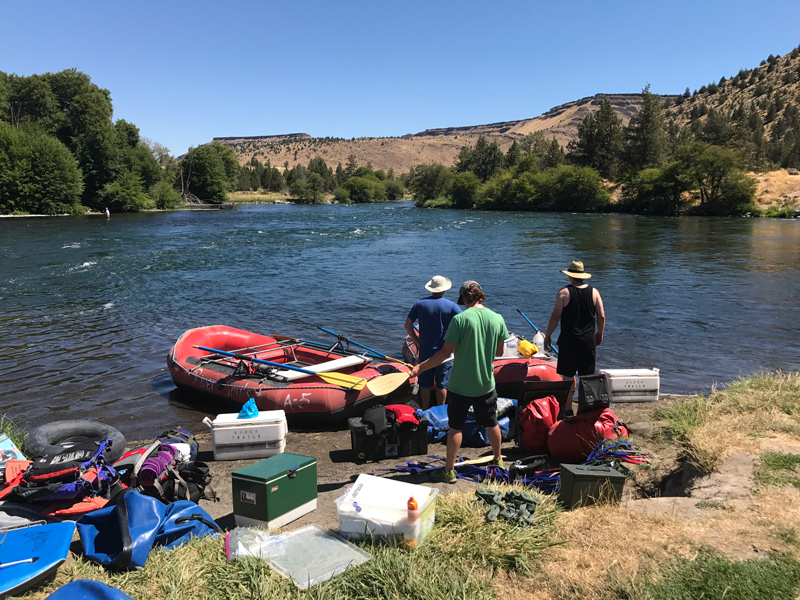
Most people that "run the Deschutes" do it with a guided service. And if you're new to whitewater, or river floating in general, I highly recommend this. See the list below for some excellent outfits and tips. However, for me, having run the river without a guide starting at 16, it's all about "getting away from it all," and that includes guides. After all, we're not talking about the Rogue River here, where the rapids are most definitely more intense (and dangerous). That said, the Deschutes does have some Class IV water on it and proper preparation, appropriate skill and scouting is highly recommended. Having a guide can also be quite nice if you don't like the idea of packing and un-packing dry bags, setting up camp anew each night, cooking for yourself, etc. As noted, the Deschutes is a river of many flavors, so pick yours and go!
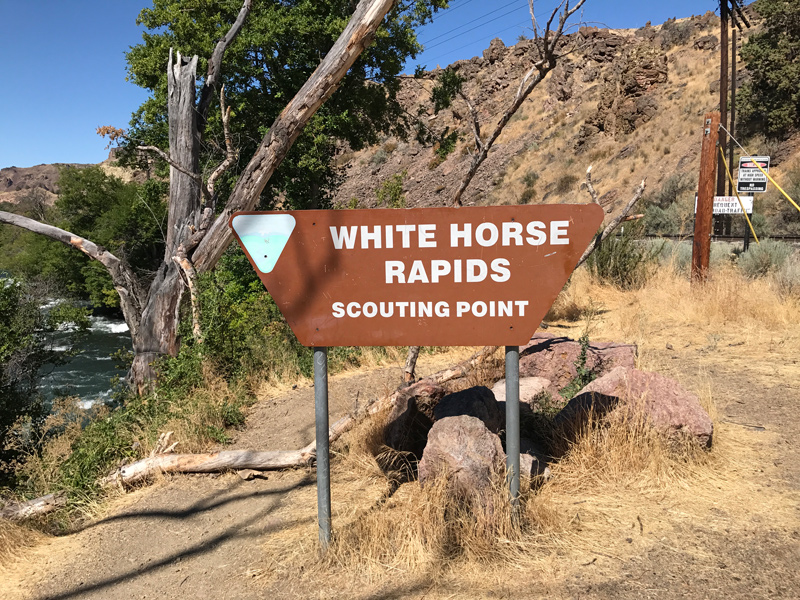
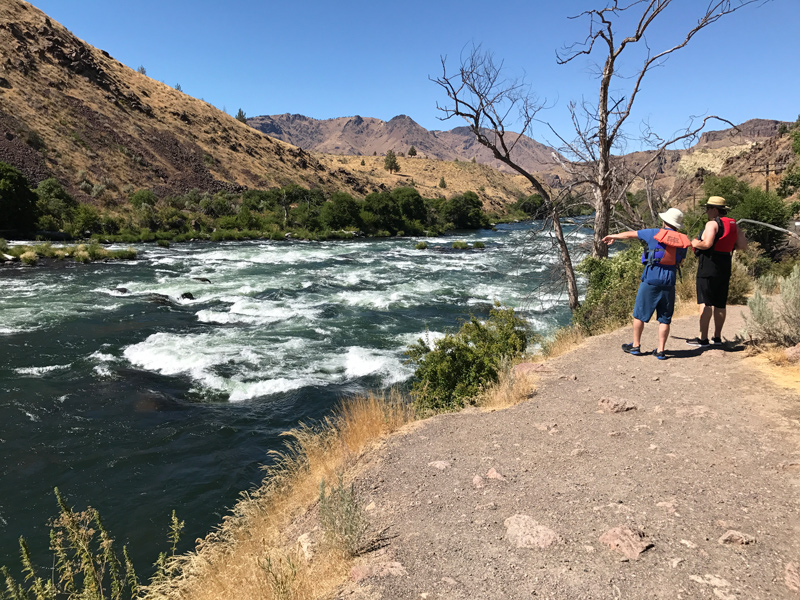
Guides Services and Tips
If you own your own raft, kayak or drift boat, chances are you don't need any advice when it comes to running the Deschutes. Your only concern will likely be getting a boater's pass from the Bureau of Land Management (they book up) if you're planning to do a private, non-guided run. Get on that element fast as these days they run out quickly. In fact, it's not a bad idea to get these passes 8 months ahead of time! Yet if you're looking at a guided service to round the corners a bit on the camping and/or safety side, or if you're just looking to do a day run (here again with a guide), then the list below is a great place to start. As noted, following this list are some great tips (some hard won).
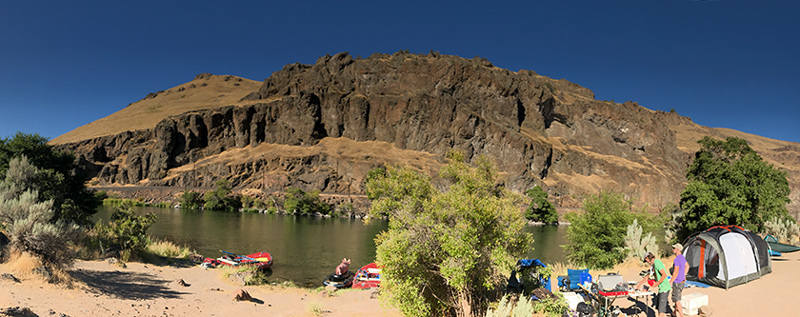
[su_spacer size="10"]
River Trails
I've used River Trails in Maupin exclusively as a supplier of rented rafts and inflatable kayaks. Having been introduced there by my dad when I was quite young, I never saw the need to go anywhere else. Here you can rent gear, right down to the cooler stocked with ice, for multi-day camping trips to day runs. This is a great place to call to get started and they provide both guided and DIY trips. Up front though, I just did a 4-day trip with two 14' rafts with frames and oars, lifejackets and enough ice to freeze Portland, and the total was about $850. Split between 4 people (2 people per raft, although they can hold 3-4 easily), this is a low-cost getaway where your only other cost is food, drink and getting there. And on that last point, I've used a variety of different shuttle services that will take your car from the top of the river (at Trout Creek) down to the takeout (Sandy Beach in our case) for around $80. See the extra tips on this though, to avoid having your car broken into!
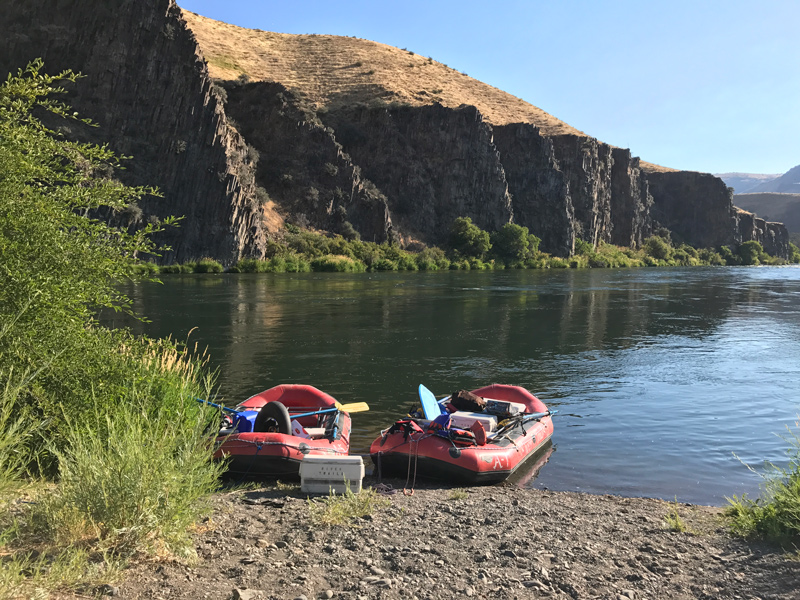
Deschutes U-Boat
While I haven't personally used Deschutes U-boat for raft rental or guided service, they do supply both and their reputation is top-notch. Further, they also supply the vehicle shuttle service in-house, keeping all shuttle cars on their lot until the very last day of your trip. Very nice if you like all your windows intact! This outfit is worth a try for sure.
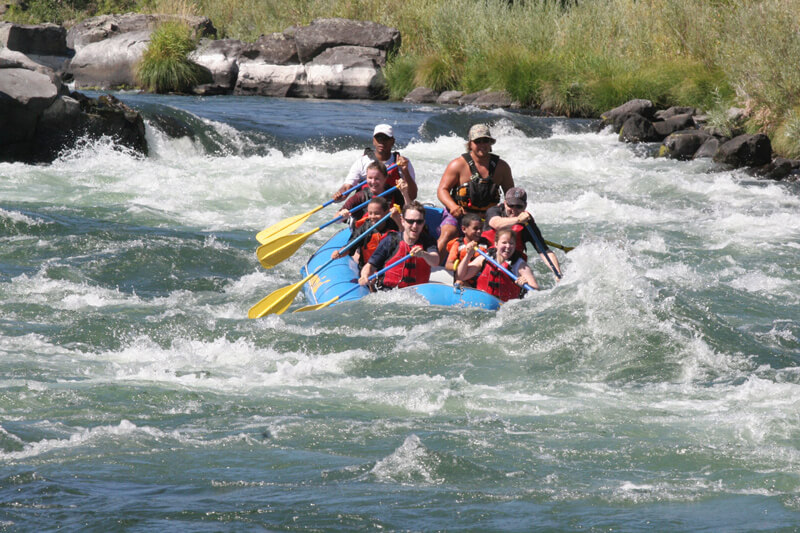
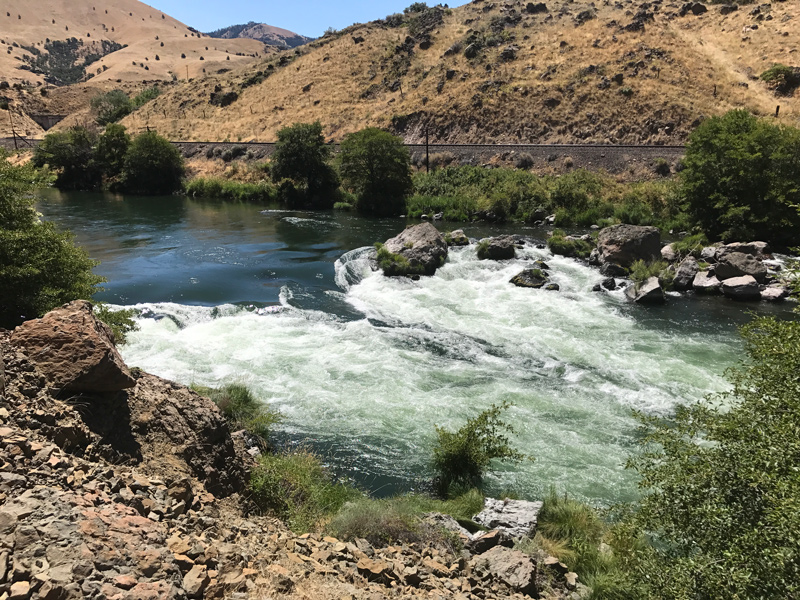
Tips for the River!
The list of tips I could give here could be longer, but I'm focusing here on just the critical things learned from "being on the river" vs. general camping. I'll assume, if your camping, you know what you're doing there to a large degree. That said, here are some "nice to know's" about running the Deschutes:
[su_spacer size="10"]
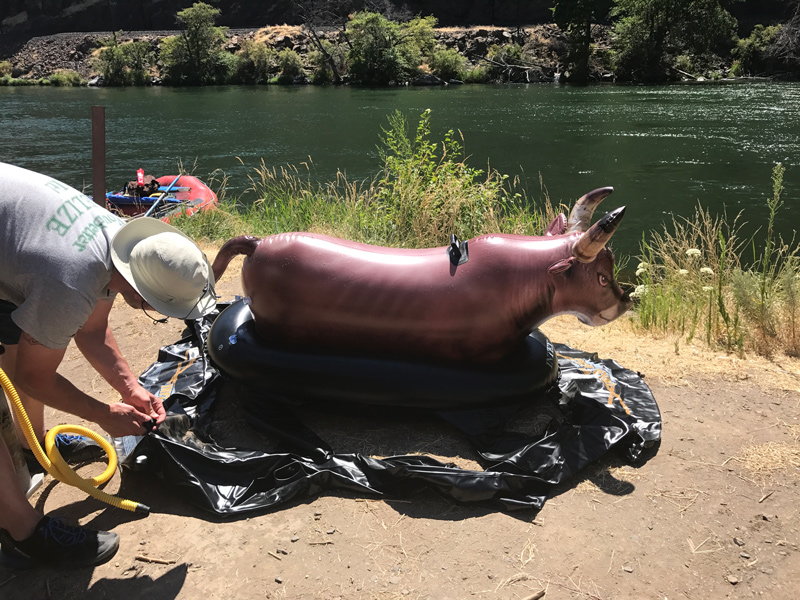
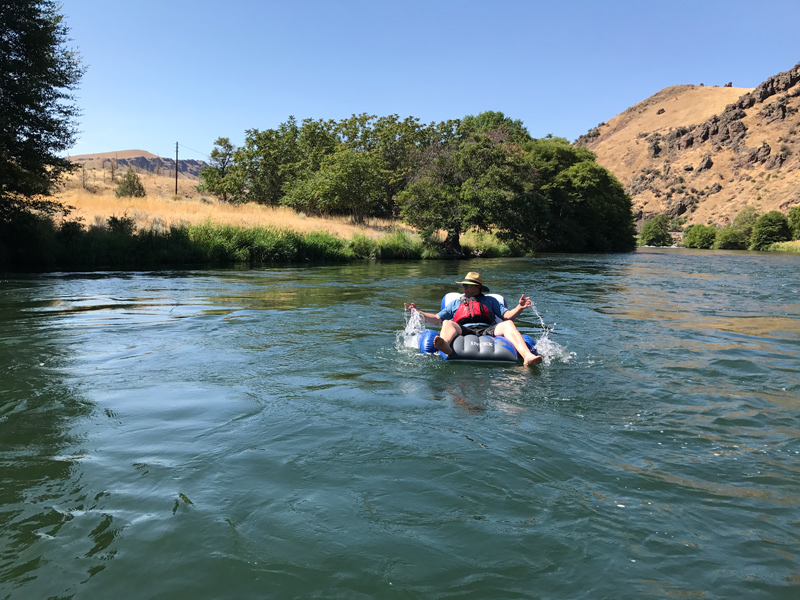
Header Image Courtesy: Dan Meyers

